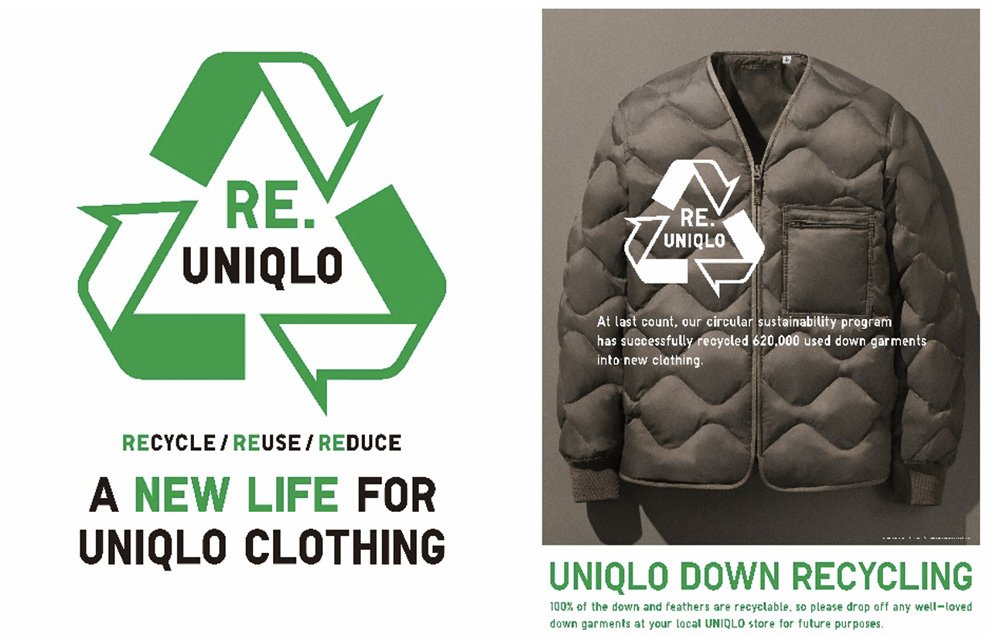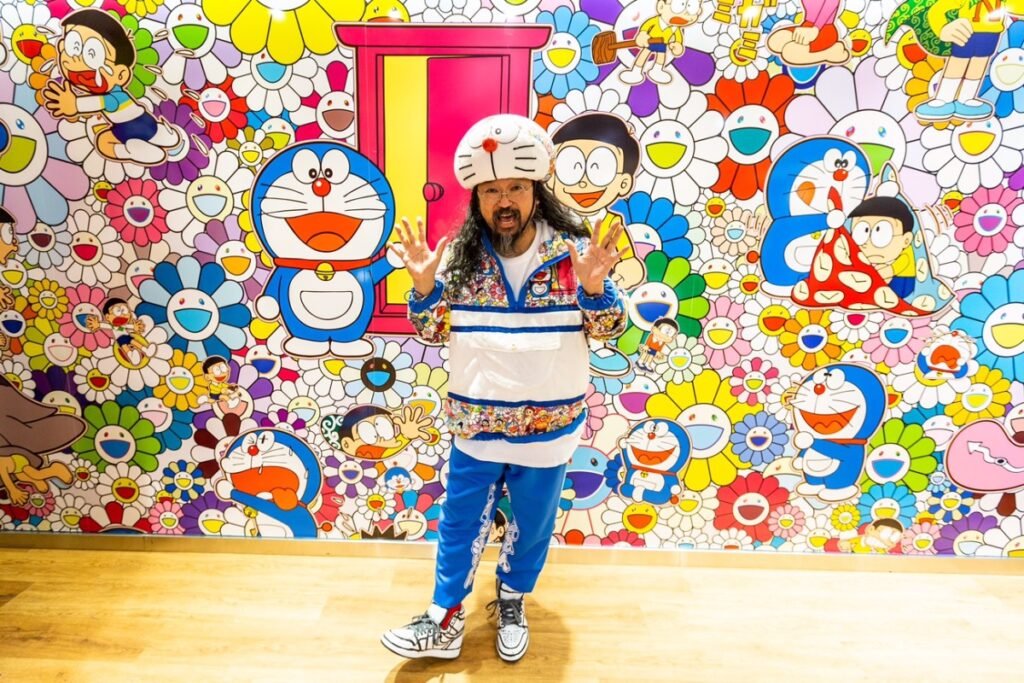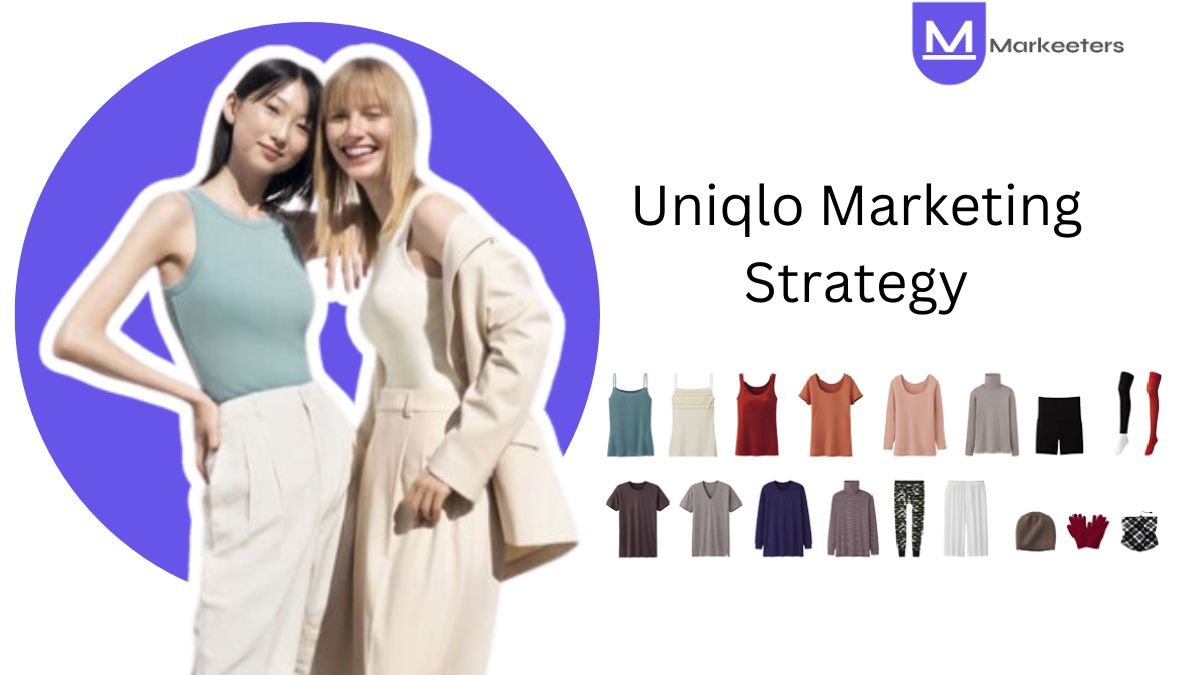In the fast-paced world of retail fashion, few brands have managed to carve out a niche as distinctive and successful as Uniqlo. The Japanese clothing giant has become a global phenomenon, known for its high-quality basics, innovative fabrics, and accessible price points. But what truly sets Uniqlo apart is its unique marketing strategy, which has propelled the brand to international success.
In this blog post, we’ll dive deep into Uniqlo’s marketing strategy, exploring its target audience, marketing mix, and the innovative approaches that differentiate it from competitors.
Understanding Uniqlo’s Target Audience
A key component of Uniqlo’s marketing strategy is its clear understanding of its target audience. Unlike many fashion retailers that focus on specific demographics or lifestyles, Uniqlo takes a more inclusive approach. Uniqlo’s target audience can be characterized into:
- Value-conscious consumers: People who appreciate quality but are unwilling to pay premium prices for basic items.
- Minimalists: Those who prefer simple, functional designs over trendy, logo-heavy clothing.
- Tech-savvy individuals: Consumers interested in innovative fabrics and clothing technologies.
- Global citizens: Urban dwellers with an international outlook, appreciating the brand’s Japanese heritage and global presence.
- Sustainability-minded shoppers: Those concerned about the environmental impact of fast fashion and seeking more durable alternatives.
This broad target audience allows Uniqlo to appeal to a wide range of consumers across different markets. By focusing on universal needs rather than niche fashion trends, Uniqlo has positioned itself as a brand for everyone, regardless of age, gender, or cultural background.
Uniqlo’s Marketing Mix: The 4 Ps
To fully grasp Uniqlo’s marketing strategy, we need to examine its marketing mix, often referred to as the 4 Ps: Product, Price, Place, and Promotion.
1. Product
Uniqlo’s product strategy is centered around the concept of “LifeWear” – clothing designed to improve people’s lives. It focuses on perfecting essential clothing items that form the foundation of any wardrobe.
The brand invests heavily in developing proprietary materials like HEATTECH and AIRism, which offer enhanced functionality, and partners with designers, artists, and brands to create limited-edition collections that generate buzz and appeal to fashion-forward consumers.
2. Price
Uniqlo’s pricing strategy is crucial to its marketing approach. The brand positions itself in the “mass-market” segment, offering high-quality products at accessible price points. Key elements of Uniqlo’s pricing strategy include value-based pricing, everyday low prices, and price anchoring.
3. Place
Uniqlo’s distribution strategy combines a physical retail presence with a strong e-commerce platform. It involves:
- Flagship stores: Large, experiential stores in major cities serve as brand showcases and tourist attractions.
- Regular retail outlets: Smaller stores in shopping centers and high streets cater to local markets.
- E-commerce: A robust online platform allows for convenient shopping and reaches customers in areas without physical stores.
- Pop-up shops: Temporary locations create buzz and allow Uniqlo to test new markets.
4. Promotion
Uniqlo’s promotional strategy is where its marketing truly shines. The brand employs a mix of traditional and innovative approaches like:
- Minimal traditional advertising: Uniqlo spends less on conventional advertising compared to its competitors, focusing instead on other forms of promotion.
- Digital marketing: Strong presence on social media platforms and innovative online campaigns engage younger consumers.
- Influencer partnerships: Collaborations with celebrities, athletes, and social media influencers help increase brand visibility and credibility.
- In-store experiences: Interactive displays and technology in flagship stores create memorable shopping experiences.
- Content marketing: Uniqlo produces lifestyle content that aligns with its brand values and resonates with its target audience.
Innovative Marketing Strategies That Set Uniqlo Apart
While Uniqlo’s marketing mix provides a solid foundation, it’s the brand’s innovative approaches that truly differentiate it from competitors. Let’s explore some of the key strategies that make Uniqlo’s marketing unique:
1. The Art of Storytelling
Uniqlo has mastered the art of brand storytelling, weaving narratives that go beyond mere product promotion. The brand’s “LifeWear” concept is more than a tagline; it’s a philosophy that underpins all of Uniqlo’s marketing efforts. By focusing on how its clothing enhances people’s lives, Uniqlo creates an emotional connection with consumers that transcends traditional fashion marketing.
For example, Uniqlo’s “The Science of LifeWear” campaign showcases the technology and innovation behind its products through engaging video content and interactive website experiences. This approach not only educates consumers about product features but also reinforces Uniqlo’s commitment to improving everyday life through clothing.
2. Embracing Cultural Relevance
Uniqlo’s marketing strategy places a strong emphasis on cultural relevance and localization. While maintaining a consistent global brand identity, Uniqlo adapts its marketing messages and product offerings to resonate with local markets.
In the United States, for instance, Uniqlo has partnered with American cultural institutions like the Museum of Modern Art (MoMA) to create limited-edition products that appeal to art enthusiasts. In Southeast Asian markets, the brand has developed region-specific collections that cater to local climate conditions and fashion preferences.
This approach allows Uniqlo to position itself as a global brand with a local touch, enhancing its appeal across diverse markets.
3. Using Technology and Innovation
Uniqlo’s marketing strategy heavily incorporates technology and innovation, both in its products and its promotional efforts. The brand’s commitment to developing advanced fabrics like HEATTECH and AIRism not only differentiates its products but also provides compelling marketing narratives.
In terms of promotional technology, Uniqlo has been at the forefront of retail innovation. For example, the Uniqlo app uses AI to provide personalized style recommendations based on user preferences and purchase history. Some Uniqlo stores feature “magic mirrors” that allow customers to virtually try on clothes in different colors without physically changing outfits.
These tech-driven initiatives not only enhance the shopping experience but also generate buzz and reinforce Uniqlo’s image as an innovative brand.
4. Sustainability and Social Responsibility

In recent years, Uniqlo has increasingly incorporated sustainability and social responsibility into its marketing strategy. The brand has launched initiatives focused on reducing environmental impact, improving labor conditions, and supporting communities. For example, The “All-Product Recycling Initiative” encourages customers to donate used Uniqlo clothing for recycling or redistribution to refugees and disaster victims.
Uniqlo has even committed to reducing single-use plastics in its operations and is transitioning to more sustainable packaging materials. It also promotes use of recycled materials and environmentally friendly production processes in product marketing.
By aligning its marketing messages with these initiatives, Uniqlo appeals to increasingly eco-conscious consumers while building a positive brand image.
5. Experiential Marketing
Uniqlo has embraced experiential marketing as a way to create memorable brand interactions and drive customer engagement. The brand’s flagship stores often feature interactive installations, art exhibits, and even cafes, transforming them into destinations rather than mere retail outlets.
For instance, the Uniqlo flagship store in Tokyo’s Ginza district includes a roof garden, a floating staircase with LED displays, and a styling studio where customers can get personalized fashion advice. These experiential elements not only attract foot traffic but also generate social media buzz and press coverage, extending the reach of Uniqlo’s marketing efforts.
6. Collaborative Marketing
Uniqlo’s collaborative marketing strategy has been instrumental in broadening its appeal and generating excitement around the brand. By partnering with renowned designers, artists, and brands, Uniqlo creates limited-edition collections that attract fashion-forward consumers and media attention.
UNIQLO U, a line designed by Christophe Lemaire, former artistic director at Hermès
Partnerships with designers like Jil Sander and Alexander Wang

Collaborations with artists such as Billie and Takashi Murakami

These collaborations not only diversify Uniqlo’s product offerings but also allow the brand to tap into new customer segments and generate fresh marketing content.
7. Data-Driven Decision Making
Behind Uniqlo’s marketing strategies lies a strong foundation of data-driven decision-making. The brand uses customer data and market insights to inform everything from product development to inventory management and marketing campaigns.
For example, Uniqlo uses predictive analytics to forecast demand for specific products in different regions, allowing for more efficient inventory allocation and reducing the need for discounting.
Conclusion
As we look to the future, it’s clear that Uniqlo’s marketing strategy will continue to evolve and innovate. The brand’s commitment to quality, functionality, and affordability, combined with its forward-thinking approach to marketing, positions it well to navigate the challenges of the ever-changing retail landscape.
Uniqlo is well-positioned to maintain its status as a leader in the global fast fashion industry. As consumers increasingly seek brands that offer both quality and value, Uniqlo’s unique approach to marketing will likely continue to resonate and drive growth in markets around the world.
What is Uniqlo’s core marketing approach?
Uniqlo’s core marketing approach focuses on high-quality basics at affordable prices. They emphasize simplicity, functionality, and innovative fabrics in their product offerings and marketing messages.
How does Uniqlo differentiate itself from other fast fashion brands?
Uniqlo differentiates itself by positioning as a “lifewear” brand rather than fast fashion. They focus on timeless essentials, technological innovation in fabrics, and a commitment to quality and durability.
How does Uniqlo approach global expansion in its marketing?
Uniqlo adapts its marketing for global expansion by maintaining a consistent brand image while tailoring products and campaigns to local preferences. They often collaborate with local artists and influencers to increase cultural relevance in new markets.
Are sustainability initiatives a part of Uniqlo’s marketing strategy?
Yes, Uniqlo incorporates sustainability into its marketing by promoting recycling programs, using eco-friendly materials, and emphasizing the longevity of their products. They also highlight their efforts in reducing environmental impact in production and packaging.



